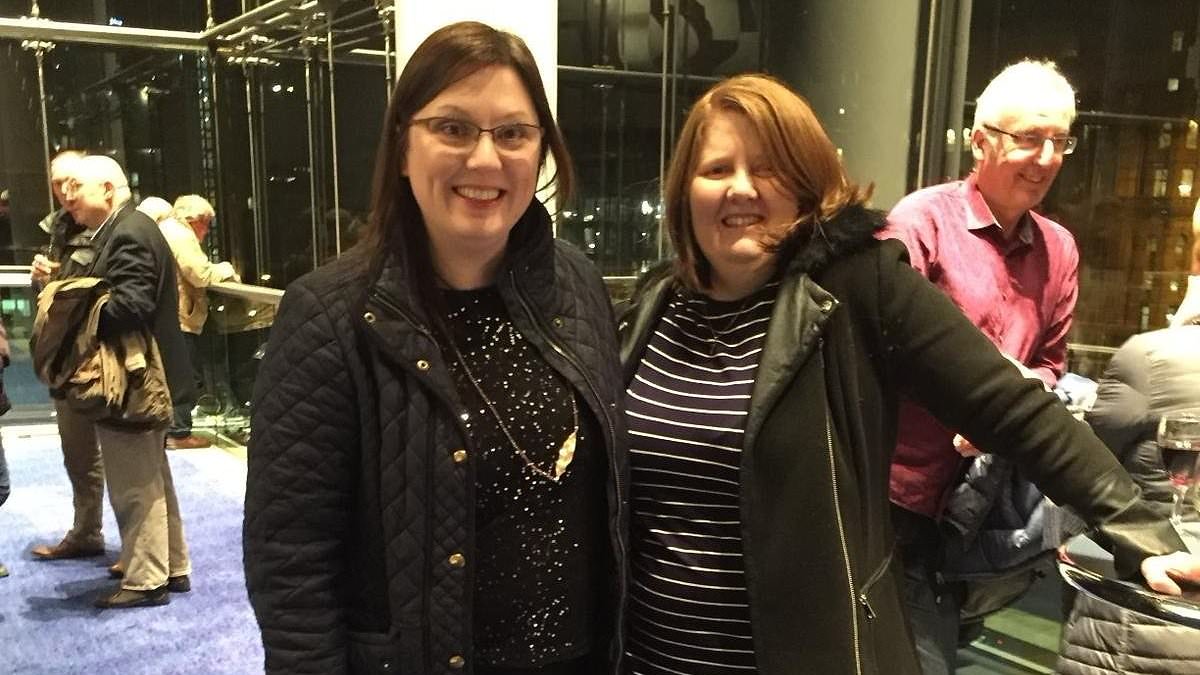A woman says her sister was sectioned by doctors who thought she was schizophrenic but the potential real cause of her symptoms were not uncovered until it was too late.
Georgina Doherty’s sister, Vanessa Rudden, died in October 2018 at the age of 44 after doctors found she had a grade 4 glioblastoma – a type of cancerous brain tumour that starts out as a growth of cells.
Ms Rudden was initially told she had schizophrenia after she began experiencing unexplained symptoms such as hallucinations and paranoia in her late 20s.
It wasn’t until the final year of her life that a seizure led to an MRI scan which discovered a brain tumour, now thought to be the real cause of her symptoms, the size of a golf ball growing in her left temporal lobe.
It had not been detected for over a decade.
Over the years, her symptoms had worsened and led to multiple hospital stays and her being section under the Mental Health Act after she staged a hunger strike in protest of her treatment.
After the tumour was discovered, she had a debulking operation to remove most of it, but doctors had to break that she had just months to live.
Ms Doherty, 46, said her sister showed great ‘strength and courage’ following her terminal diagnosis and began writing a bucket list.
‘Vanessa’s strength and courage in the face of this news [was] remarkable’, she said. ‘She immediately came to terms with the time she had left and wrote a bucket list of things she wanted to do, including arranging her funeral.
‘I felt cheated that I’d be losing my sister’.
Ms Rudden defied the odds and lived for another 10 months with the support of her mother, Mary, who moved in to care for her.
In that time, she also ticked off portions of her bucket list which including spending time with her family, visiting her old university in Huddersfield and enjoying a steak dinner.
She died in October 2018 surrounded by her loved ones.
Ms Doherty believes the tumour may have had an impact on her sister’s behaviour. She is now working with the charity Brain Tumour Research to advocate for better research into these types of tumours.
Ms Doherty, a charity worker from Manchester, said: ‘Vanessa was the life and soul of the party. She loved being around people, sharing her incredible talent for music, and was driven in her career
‘If only the scan had been done earlier, Vanessa might still be here. She even said she felt like there was a worm in her brain, but doctors dismissed it, calling her mentally ill.’
Ashley McWilliams, Community Development Manager at Brain Tumour Research, said: ‘Georgina’s dedication to raising awareness about Vanessa’s story and the impact of brain tumours is truly inspiring.
‘These tragic events highlight the importance of raising awareness and funding research into brain tumours so that more people can receive the correct diagnosis and better treatments.’
